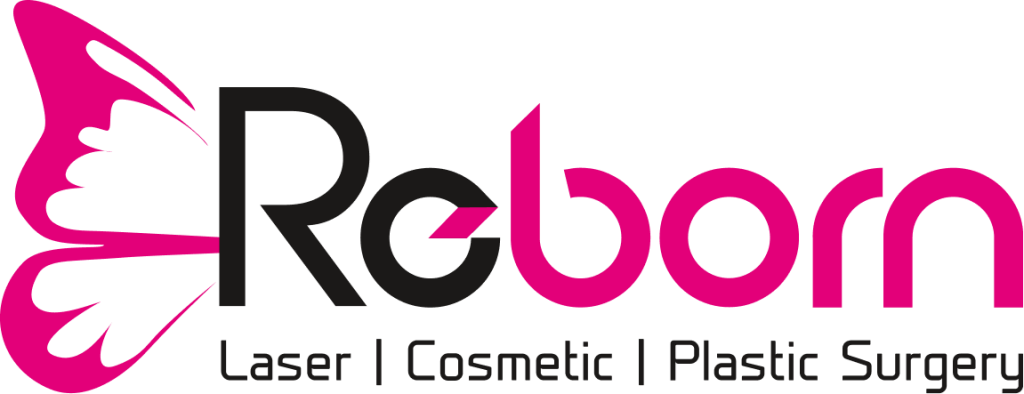Both internal and external influences impact a complex problem: Hair loss. One of the most frequent reasons for abrupt hair loss isTelogen Effluvium, a disorder in which hair noticeably thins as it reaches the resting phase too soon.
Although stress and hormonal fluctuations are frequently cited as triggers, low iron levels, and other dietary deficiencies are important factors in this illness. Understanding the connection between iron deficiency and Telogen Effluvium is crucial to treat and stop excessive hair loss.
How Does Iron Deficiency Lead to Telogen Effluvium?
Iron is a critical nutrient for hair health, as it supports the production of hemoglobin, which delivers oxygen and nutrients to hair follicles. When iron levels are insufficient, follicles struggle to sustain healthy growth, pushing hair into the telogen phase prematurely. Over time, this leads to widespread shedding associated with Telogen Effluvium.
Follicle Labs discusses the need to maintain balanced iron levels in their article Lifestyle Habits that Can Cause Hair Loss, in addition to discussing more general concerns like stress and diet. Their findings align with research showing that when iron deficiency is addressed early on, supplements can often restore this hair loss.
The Role of Nutritional Deficiencies and Oxidative Stress
While iron deficiency is a primary concern, other nutritional deficiencies and oxidative stress compound the problem, and inadequate levels of vitamins such as B12 and D or minerals like zinc can make it more prone to shedding because it weakens the hair structure. Oxidative stress further exacerbates the issue by damaging hair follicle cells, reducing their ability to grow healthy strands.
Diagnosing and Treating the Issue
Identifying the root cause of Telogen Effluvium requires a thorough evaluation of diet and lifestyle. Blood tests to inspect iron levels and other essential nutrients are crucial for an accurate diagnosis. Treatment typically includes dietary adjustments, supplements, and topical solutions like hair serums to support regrowth.
Conclusion
A comprehensive approach to hair health is crucial to the connection between iron deficiency and Telogen Effluvium. Vitality can be restored, and hair shedding can be greatly reduced by filling in nutritional shortages and reducing oxidative stress. Strong, thick hair is possible with the help of Follicle Labs’ professional insights and a proactive maintenance regimen.






